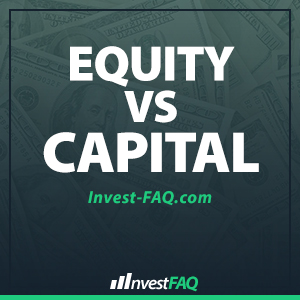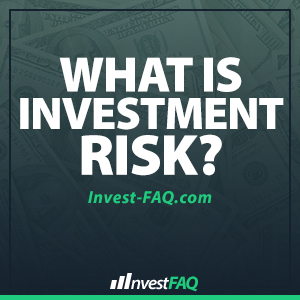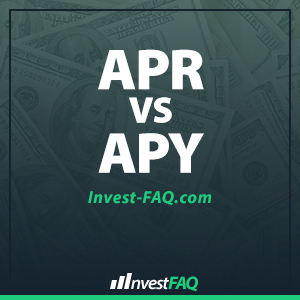Best Sources for Free Investing Information Here are some tips about obtaining cheap or free info. Moderator’s note 3 September 2014: This list from 1997 is obviously showing its age, because internet sites now provide a deluge of free information, and fax-back services have disappeared! Still there are some useful suggestions here, hope you find
Category: Investing
Conference Calls
Companies listed on the various stock exchanges have long held analyst conferences to spread their message to the investment community. Often, sponsors such as Hambrecht and Quist have held conferences where investment professionals could hear many firms in several days. To accomodate those who couldn’t travel, the conference call allowed hundreds of analysts to hear
Best Investing Books
Finding the best investing books can be difficult because there are so many different resources for investors with varying levels of experience. Beginner investors need different types of books and information than more advanced and professor investors. That’s just how it is. That’s why I wrote this article. Each level of investors should focus on
Same-Store Sales
What are Same Store Sales? When earnings for retail outlets like K-Mart, Walmart, Best Buy, etc. are reported, we see two figures, namely total sales and same-store sales. Same-store comparisons measure the growth in sales, excluding the impact of newly opened stores. Generally, sales from new stores are not reflected in same-store comparisons until those
Rule of 72
What is the Rule of 72? The “Rule of 72” is a rule of thumb that can help you compute when your money will double at a given interest rate. It’s called the rule of 72 because at 10%, money will double every 7.2 years. To use this simple rule, you just divide the annual
Return on Equity vs Return on Capital – What’s the Difference?
This article analyzes the question of whether return on equity (ROE) or return on capital (ROC) is the better guide to performance of an investment. ROE vs ROC We’ll start with an example. Two brothers, Abe and Zac, both inherited $10,000 and each decided to start a photocopy business. After one year, Apple, the company
Investment Risk
What is Investment Risk Risk, in general, is the possibility of sustaining damage, injury, or loss. This is true in the world of investments also, of course. Investments that are termed “high risk” have a significant possibility that their value will drop to zero. You might say that risk is a measure of whether a
Percentage Rates APR vs APY – What’s the Difference?
This article discusses the two main percentage rates that you may want to understand when you are trying to choose a savings account or understand the amount you are paying on a loan: annual percentage rate (APR) and annual percentage yield (APY). Annual percentage rate (APR) In a savings account or other account that pays
Paying Debts Early vs Making Investments
Should You Pay Off Your Debt or Invest Your Money? This article analyzes the question of whether you should apply any extra cash you might have lying around to making extra payments on a debt, or whether you should instead leave the debt on its regular payment schedule and invest the cash instead. An equivalent
Loan Payment Amortization Schedule Calculation
This article presents the formula for computing monthly payments on loans. A listing of the full series of payments (principal and interest) that show how a loan is paid off is known as a loan amortization table. This article will explain how these tables are generated for the U.S. system in which interest is compounded










